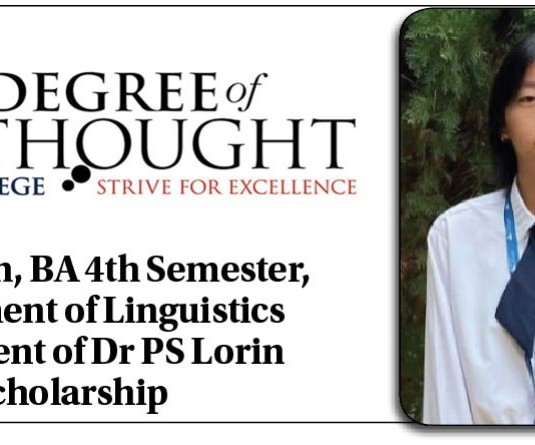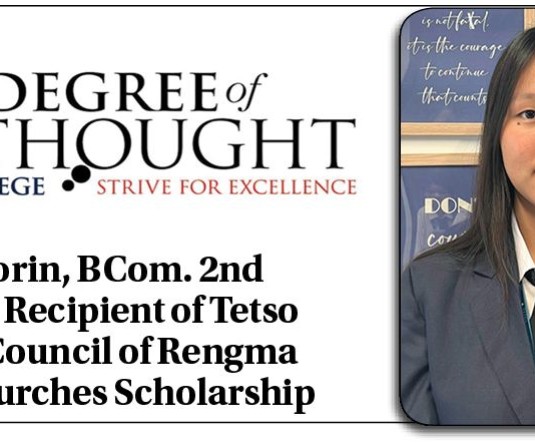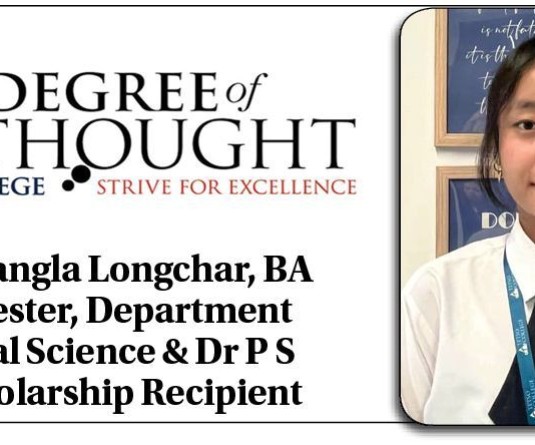
The idea of human rights rests on the central premise that all humans are born free and equal. It follows that all humans have dignity and all humans should be treated equally.
In India, Lesbian, Gay, Bisexual, Transgender and Queer (LGBTQ) rights have been evolving rapidly in recent years and are coming into sharper focus around the world. However, Indian LGBT citizens still face certain social and legal discrimination. The country has repealed its colonial-era laws that directly discriminate against homosexuals and transgender.
Around the world, the human rights of LGBTQs have been violated. All people, regardless of their sexual orientation or gender identity, have the right to be equal under the law and the right to exercise their full range of human rights, without exception.
There are still more than 70 countries with sodomy laws; punishment can include flogging, imprisonment, and in about a dozen jurisdictions, even the death penalty. LGBTQ people, or who are perceived as such, are also routinely the victims of harassment, discrimination, and violence. Many of those who speak up for LGBT rights—regardless of their sexual orientation or gender identity—are themselves persecuted with impunity.
In our world, these people exist, mostly judged and criticized simply because of their sexuality. They exist in the world of dark reality and hurtful experiences being torn between showing their real selves from everyone and keeping it for the sake of their image and reputation. Their existence in our society is widely known as a "SINFUL ONE". They are summoned by the people who are in the same shoes as them but in contrast to those who are weak, vulnerable and devoid of courage in their hearts to speak up, and to fight for their rights to be equal with the others who are living a normal life. In our society, the LGBTQ community, also known as the third gender, are often looked down on. Most of them hide their real selves, afraid of being humiliated, and hesitance and fright are evident in their eyes.
In India, LGBTQ, over the past decades, have gained more and more tolerance and most LGBTQ people in India remain closeted, fearing discrimination from their families, fearing rejection and fearing being treated differently. Discrimination is still present and LGBT people still face rejection from their families, loved ones and are forced into opposite-sex marriage.
People in LGBTQ community are fighting for equal rights and acceptance. In our present society, transgender people especially face a lot of difficulty in finding acceptance. People in LGBTQ community are looked down upon all the time which is a major issue. Discrimination against the LGBTQ community is highly prevalent as people's prejudices lead them to think that LGBTQ people are odd and different.
Being LGBTQ is not a problem; nor is it a choice as such. LGBTQ individuals are merely individuals who have sexual preferences that differ from what would appear to be the "norm" due to differing learned behaviors and you know having a personal perspective and mindset that differs from everyone else's saying that it's obvious to have sexual preferences that differ from the Norm is objectively wrong itself.
The young are the core of societal change; what pressures do they face? In many ways, the younger generation is much more accepting than their elders. I see a positive trajectory as young people grow up with variations in sexual orientation around them being the norm. But the younger generation is also a battleground. A lot of the leaders that promote homophobia do so by insisting that they’re not anti-gay, but just trying to shelter the impressionable young from ‘gay propaganda’. In many ways, they see that the trends are going in favour of LGBTQ rights and they’re trying to fight back with the younger generation.
According to Article 15, 1949 State's Prohibition of Discrimination on Grounds of Religion, Race, Caste, Sex or Place of Birth, every individual has the right and equality to do and practice what they want. LGBTQ people in India are not fully free or perceived as equal among their fellow citizens. It underscores how much work remains to be done in India and the rest of the world to overturn antiquated and repressive anti-gay laws.
India is a vast and diverse country and attitudes towards this subject and experiences of LGBTQ individuals vary vastly. The disparity between urban and rural India, language, caste, class and gender add further complexities to understanding this topic more fully. But what we do know is that India’s LGBTQ citizens are not a “minuscule minority”. They have a voice that is strong and refuses to be silent any longer in their efforts to reclaim equality.
If normal men and women have the right to live in this society with respect then why can’t LGBTQ people live in this society with equal respect? It's not about what our religion says but it's about humanity, love and equality.
I believe that all of us have the right to live equally. The people in the LGBTQ community tend to think that they are lower than other people who seem normal than them. We are equally important in the world we belong to. The world wouldn't form a perfect equilibrium if it were not for the third gender. This may seem untrue because the male and female genders already make an equilibrium but the LGBTQ community has made a big impact on the world and has excelled nationwide with their exceptional and extraordinary talents.
I think everyone living in this world, either normal or abnormal, either homosexuals or heterosexuals, has equal right to love and live with liberty, freedom and respect in this society. I believe that everyone on this planet has a right to live and enjoy their lives. Just because they are different from us doesn't mean we do not support them and treat them as aliens.
As an educated citizens of India, we should all teach our children and our youth to accept the LGBTQ community positively.
Degree of Thought is a weekly community column initiated by Tetso College in partnership with The Morung Express. Degree of Thought will delve into the social, cultural, political and educational issues around us. The views expressed here do not reflect the opinion of the institution. Tetso College is a NAAC Accredited UGC recognised Commerce and Arts College. The editors are Dr Hewasa Lorin, Dr Aniruddha Babar, Nisha Dahiya and Meren. For feedback or comments please email: dot@tetsocollege.org






